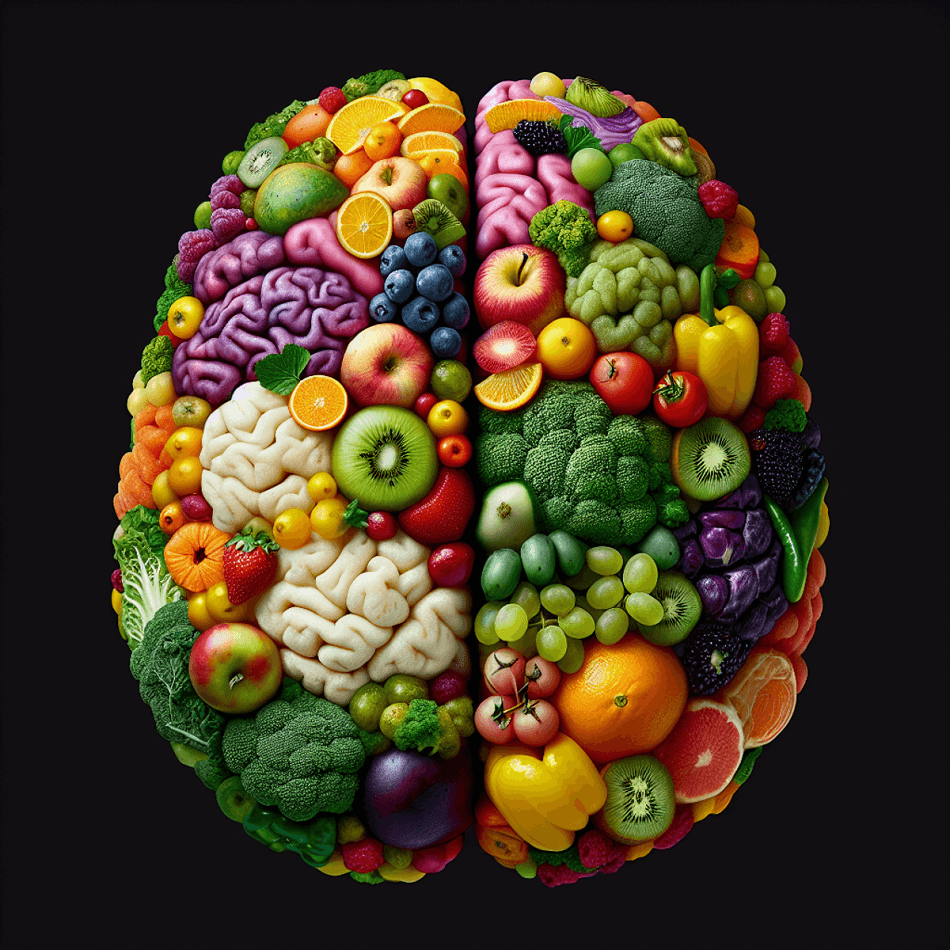By Jennifer M. Published: Mar 01, 2024
Introduction
Keeping one's mental health in check requires proper nutrition. It is
important to support optimal mental functioning and nourish the brain
in addition to physical well-being.
Research on how diet affects mental health is an area that is
expanding quickly. Research has indicated that our mood, mental
health, and cognitive function can all be greatly impacted by the
foods we eat.
The key message: Maintaining mental well-being requires a healthy diet. It is vital that we prioritize nutrition well-being above all else
in order to support optimum mental mind.
"Let food be thy medicine and medicine be thy food." - Hippocrates
How Does Nutrition Affect Your Brain?
Several nutritional deficiencies, can cause symptoms of depression and
dementia such as low mood, fatigue, cognitive decline, and
irritability.
- Vitamins such as B-complex vitamins, vitamin D, and
vitamin E contribute to neurotransmitter synthesis and nerve signaling,
influencing mood and cognitive processes.
- Minerals like magnesium and zinc are involved in neural
transmission and neuroprotection.
- Antioxidants such as vitamin C and flavonoids help combat
oxidative stress, which can otherwise impair brain function.
- Omega-3 can play an important role against resistance
to stress.Omega-3 fatty acid have also been associated with improved
mood and cognition.
- Water research has found that "men and women who drank
the least amount of water (less than two glasses per day) were at significantly
higher risk for depression than those who drank five glasses or more
per day"
- Tea studies show evidence that green tea "influences
psychopathological symptoms (e.g. reduction of anxiety), cognition (e.g.
benefits in memory and attention) and brain function (e.g. activation
of working memory seen in functional MRI)".
- Dark Chocolate a study in young adults, after the consumption
of high-flavanol cocoa, showed an improved blood flow to the brain. Dark
chocolate may also improve cognitive performance in verbal learning,
memory, and attention favoring academic achievement.
Consuming high quality foods, rich in these nutrients, can have a
positive influence on the brain chemistry, promoting mental clarity
and emotional stability.
Taking charge of your mental health involves recognizing the vital role
that nutrition plays in supporting emotional well-being. However, it is
important to note that nutrition should not substitute professional
help. When starting a new diet, always consult your physician first.
